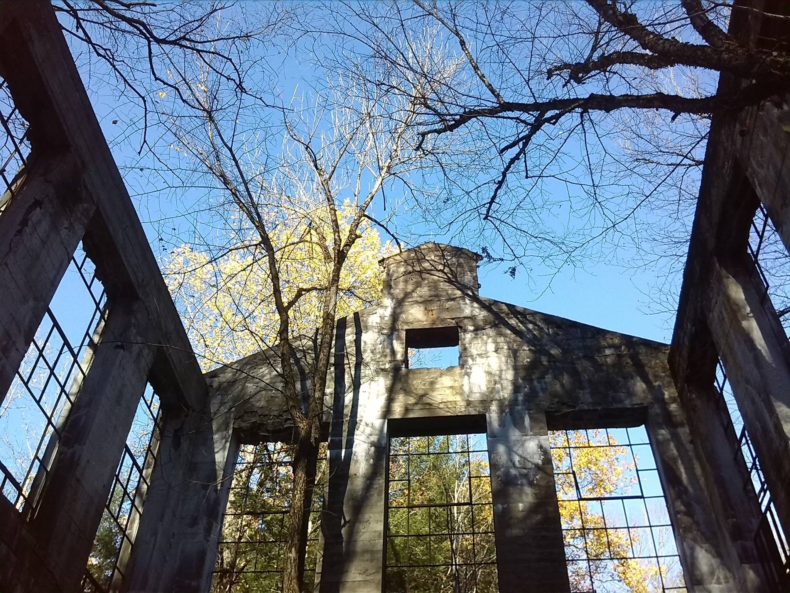
I’m late to the party when it comes to S-Town, the hit Serial Productions podcast about Alabama polymath John McLemore, who dies half way through the series having suffered mercury poisoning from years of back-woods chemical artisanship. It made me think about all of those passionate, brilliant people society never quite manages to harness, who quietly amass virtuosic levels of scholarship and embodied knowledge that dies with them.
It also brings to mind Stephen Jay Gould’s comment that “I am, somehow, less interested in the weight and convolutions of Einstein’s brain than in the near certainty that people of equal talent have lived and died in cotton fields and sweatshops.” But it doesn’t take grinding poverty or intense persecution to prevent potential from transforming into contribution. For some the fates just don’t align, and for others we don’t have the mechanisms to hook them into the mainframe of society. Maybe that’s okay.
There are many lakes and hiking trails just over the way on the Quebec side of my area, woven among the Gatineau Hills and maintained by the National Capital Commission. One particular trail I hike more than any other because it’s a manageable stretch of sparse forest with a reward at the end for children.
The ”Carbide ruins” are not, as one might assume, some kind of Union Carbide superfund site. The name is a reference to Thomas “Carbide” Willson, a prolific inventor who in 1892 serendipitously discovered a calcium carbide manufacturing process. That’s not what he was doing 15 years later when he bought up 460 acres of deciduous forest in Quebec, though. There, he built a dam, a generating station and an acid condensation tower that together would form a superphosphate fertilizer plant. No sooner was it built, however, than Willson dropped dead of a heart attack in the streets of New York while trying to raise venture capital.
Now, the children clamber around in the ruins of the old mill as the forest reclaims it, just as time will absorb most of the traces of our own enthusiasms. When not translated into measurable impact, the value of that ardor is unappraisable and yet, somehow, to me, precious.
Thanks, Jessa, for this reflection. I’m tempted to write Stephen Jay Gould’s quotation in big letters on the white board when I first enter the classroom to teach Freshman Comp today. My students are preparing to be Vet Techs, Mortuary Science Techs, and HVAC installers. I’d expect the students would look from me to those words throughout the length of the class, and they’d be distracted from their peer review, or our very necessary discussion on what makes a good transition phrase. For now, I’ll save Gould’s words (and yours) for another day.
Yes! It’s always been my experience that the technicians are the truly indispensable elements of most operations. Certainly lab techs. The depth of understanding just can’t be matched, and they typically have just as much of a grasp of the theory, at least as it pertains to the work at hand.
Just to add more to this small conversation–I’m going to ask my students to read a selection from “Shop Class as Soulcraft.” I haven’t read it yet, but a review in the New York Times called it, “a beautiful little book about human excellence and the way it is undervalued in contemporary America.” After all, we are after excellence in all things in the classroom and in life–and why not extend our definition. Thanks, Jessa!